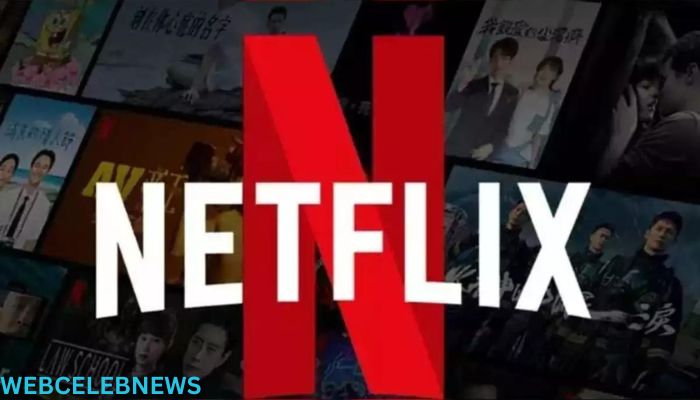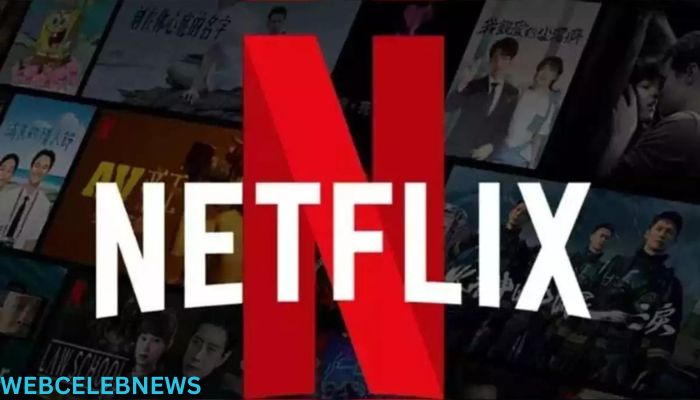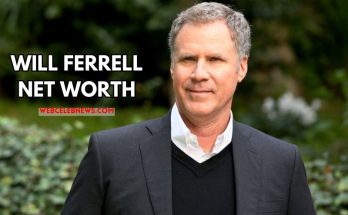Netflix raises the cost of its basic and premium plans.
The adjustments take place as the streaming service steps up its monetization efforts, including its password-sharing crackdown, which has now started to roll out in every region.

For some U.S. customers of Netflix, price increases will be implemented. S., U. K. starting on Wednesday, and France.
the U. S. Prices for the basic plan — the entry-level plan without advertising, which is no longer open to new subscribers — will rise from $9 to $11 while those for the premium plan, which enables users to watch in Ultra HD on supported devices and download on up to six supported devices simultaneously, will rise from $19 to $22. The cost of the standard plan ($15.49) and the plan with ads ($6.99) will not change.
the U.K. While the basic plan’s price jumps to 7 P. 99 pounds and 10 P. 99 euros, respectively, and the standard plan’s price rises to 17 P. 99 pounds and 19 P. 99 euros, respectively, the ad and standard plans’ prices remain the same in both countries.
According to Netflix’s third-quarter shareholder letter, “While we largely paused price increases as we launched paid sharing, our overall approach remains the same — a range of prices and plans to meet a wide range of needs, and as we deliver more value to our members, we occasionally ask them to pay a bit more.”.
Netflix Co-CEO Greg Peters declined to comment on the timing of price increases for the other plans during the third-quarter earnings interview, but he did say that it would be consistent with the company’s “philosophy” of “occasionally” raising prices in order to keep delivering better content.
The changes come as Netflix ramps up its monetization efforts on the platform, which have included its new advertising tier—which saw membership rise by nearly 70% from the previous quarter and 30% of signups in the countries with the ad tier choosing that tier—and its crackdown on password-sharing. The price increases, however, also come as a result of the SAG-AFTRA and WGA strikes, which the streamer reported resulted in a ‘lower-than-planned cash content spend’ of about $1 billion over the past quarter.
Despite the strikes, the company reported third-quarter revenue of $8.5 billion, an increase of 8% over the same period in the previous year, and the addition of 5.9 million new subscribers in the previous quarter as a result of the rollout of paid sharing.
The streamer claims to have “taken action” on paid sharing in every market that it serves and that the number of cancellations has remained low.
The cancel reaction is still low, exceeding our expectations, and borrower households that become full-paying members are displaying strong retention. As a result, after taking into account additional spinoff accounts, additional members, churn, and modifications to our plan mix, we are revenue-positive in every region, the letter states.
Nevertheless, Peters stated in the earnings interview that the rollout would continue over the following couple of quarters and would probably continue to attract more subscribers.
I believe that people are attempting to determine how much juice is still present, and I would say that we anticipate having incremental acquisitions and incremental additions for the upcoming quarters, according to Peters.
He continued by saying that some viewers would leave and might not return for a number of years.
We have hundreds of millions of eligible households worldwide. These borrowers, who we won’t convert in the upcoming quarters, are part of the same group of smart TV households that we hope to win over over the coming years. Therefore, we’re going to approach them in the same way we approach people who haven’t subscribed to Netflix: by providing incredible content, an incredible value, and igniting their interest to the point where they have to sign up,’ he said.
According to a statement made by Netflix in July, the password crackdown had affected more than 100 countries or more than 80% of its revenue base.



